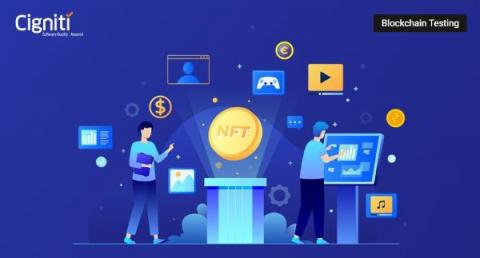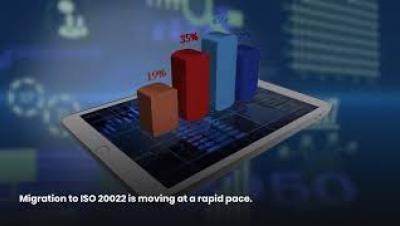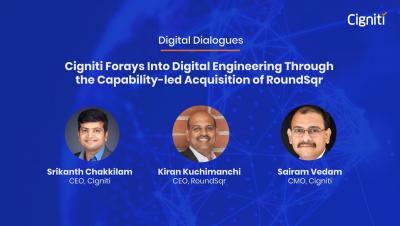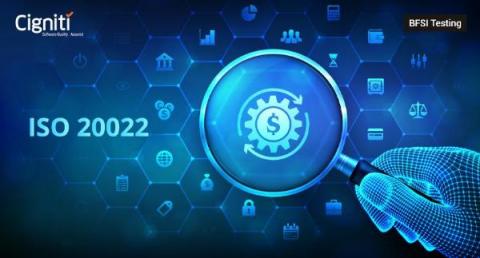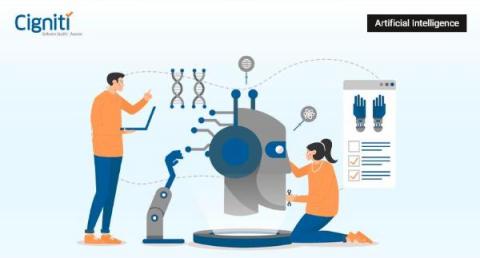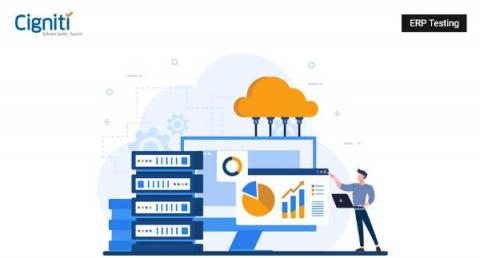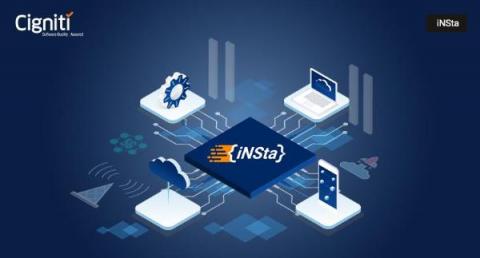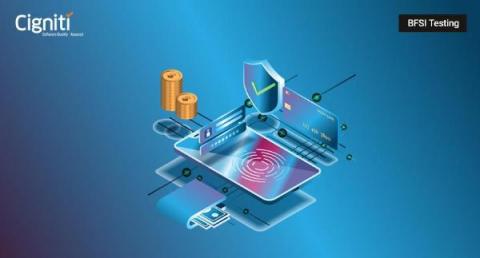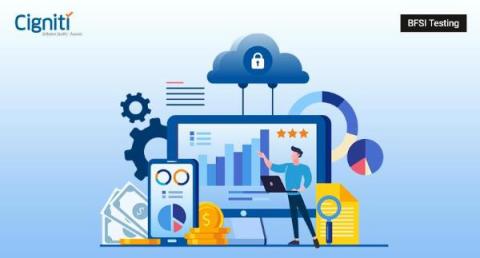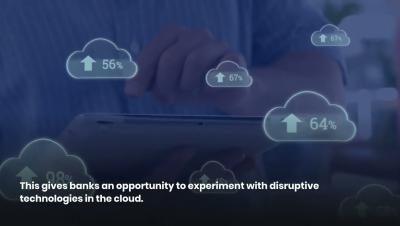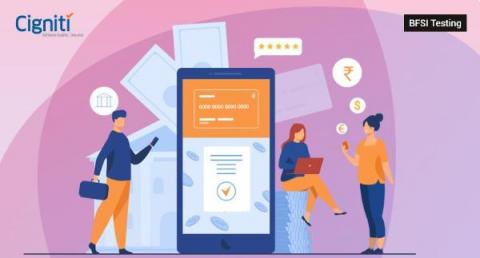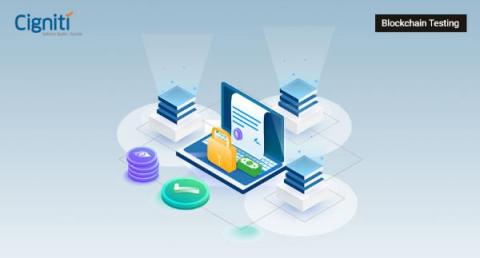How NFTs are Reinventing the Digital World
One of the technological evolutions that has caught the attention in recent times is Non-Fungible Tokens (NFTs). It has been a phenomenon, with the values of some of the NFTs reaching astronomical heights. It remains to be seen whether this will be a bubble like the Tulip Mania or the Dot Com bubble, or whether it will mature into a viable technological option.


